Get Back in the Box: Innovation from the Inside OutDouglas Rushkoff On a landscape that seems to be transforming itself with every new technology, marketing tactic, or investment strategy, businesses rush to embrace change by trading in their competencies or shifting their focus altogether. All in the name of innovation.
But this endless worrying, wriggling, and trend watching only alienates companies from whatever it is they really do best. In the midst of the headlong rush to think "outside the box," the full engagement responsible for true innovation is lost. New consultants, new packaging, new marketing schemes, or even new CEOs are no substitute for the evolution of our own expertise as individuals and as businesses.
Indeed, for all their talk about innovation, most companies today are still scared to death of it.
To Douglas Rushkoff, this disconnect is not only predictable but welcome. It marks the happy end of a business cycle that began as long ago as the Renaissance, and ended with the renaissance in creativity and collaboration we're going through today.
The age of mass production, mass media, and mass marketing may be over, but so, too, is the alienation it engendered between producers and consumers, managers and employees, executives and shareholders, and, worst of all, businesses and their own core values and competencies.
American enterprise, in particular, is at a crossroads. Having for too long replaced innovation with acquisitions, tactics, efficiencies, and ad campaigns, many businesses have dangerously lost touch with the process — and fun — of discovery.
"American companies are obsessed with window dressing," Rushkoff writes, "because they're reluctant, no, afraid to look at whatever it is they really do and evaluate it from the inside out. When things are down, CEOs look to consultants and marketers to rethink, rebrand, or repackage whatever it is they are selling, when they should be getting back on the factory floor, into the stores, or out to the research labs where their product is actually made, sold, or conceived."
Rushkoff backs up his arguments with a myriad of intriguing historical examples as well as familiar gut checks — from the dumbwaiter and open source to Volkswagen and The Gap — in this accessible, thought-provoking, and immediately applicable set of insights. Here's all the help innovators of this era need to reconnect with their own core competencies as well as the passion fueling them. Team Geek: A Software Developer's Guide to Working Well with OthersBrian W. Fitzpatrick, Ben Collins-Sussman In a perfect world, software engineers who produce the best code are the most successful. But in our perfectly messy world, success also depends on how you work with people to get your job done.
In this highly entertaining book, Brian Fitzpatrick and Ben Collins-Sussman cover basic patterns and anti-patterns for working with other people, teams, and users while trying to develop software. This is valuable information from two respected software engineers whose popular series of talks—including "Working with Poisonous People"—has attracted hundreds of thousands of followers.
Writing software is a team sport, and human factors have as much influence on the outcome as technical factors. Even if you’ve spent decades learning the technical side of programming, this book teaches you about the often-overlooked human component. By learning to collaborate and investing in the "soft skills" of software engineering, you can have a much greater impact for the same amount of effort.
Team Geek was named as a Finalist in the 2013 Jolt Awards from Dr. Dobb's Journal. The publication's panel of judges chose five notable books, published during a 12-month period ending June 30, that every serious programmer should read. Romantic Violence: Memoirs of an American SkinheadChristian Picciolini At 14 years old, Christian Picciolini, a bright and well-loved child from a good family, had been targeted and trained to spread a violent racist agenda, quickly ascending to a highly visible leadership position in America's first neo-Nazi skinhead gang. Just how did this young boy from the suburbs of Chicago, who had so much going for him, become so lost in extremist ideologies that would horrify any decent person? Romantic Violence: Memoirs of an American Skinhead is a poignant and gripping cautionary tale that details Christian's indoctrination when he was barely a teen, a lonely outsider who, more than anything, just wanted to belong. A fateful meeting with a charismatic man who recognized and took advantage of Christian's deep need for connection sent the next decade of his life into a dangerous spiral. When his mentor went to prison for a vicious hate crime, Christian stepped forward, and at 18, he was overseeing the most brutal extremist skinhead cells across the country. From fierce street brawls to drunken white power rallies, recruitment by foreign terrorist dictators to riotous white power rock music, Picciolini immersed himself in racist skinhead culture, hateful propaganda, and violence. Ultimately Christian began to see that his hate-filled life was built on lies. After years of battling the monster he created, he was able to reinvent himself. Picciolini went on to become an advocate for peace, inclusion, and racial diversity, co-founding the nonprofit Life After Hate, which helps people disengage from hate groups and to love themselves and accept others, regardless of skin color, religious belief, or sexual preference. Beyond the Pleasure PrincipleSigmund Freud, James Strachey In 1915 at the University of Vienna 60-year-old Sigmund Freud delivered these lectures on psychoanalysis, pointing to the interplay of unconscious and conscious forces within individual psyches.In reasoned progression he outlined core psychoanalytic concepts, such as repression, free association and libido. Of the various English translations of Freud's major works to appear in his lifetime, only one was authorized by Freud himself: The Standard Edition of the Complete Psychological Works of Sigmund Freud under the general editorship of James Strachey.
Freud approved the overall editorial plan, specific renderings of key words and phrases, and the addition of valuable notes, from bibliographical and explanatory. Many of the translations were done by Strachey himself; the rest were prepared under his supervision. The result was to place the Standard Edition in a position of unquestioned supremacy over all other existing versions.Newly designed in a uniform format, each new paperback in the Standard Edition opens with a biographical essay on Freud's life and work ―along with a note on the individual volume―by Peter Gay, Sterling Professor of History at Yale. The EssaysFrancis Bacon, John Pitcher The genius of Francis Bacon is nowhere better revealed than in his essays.
Bacon’s education was grounded in the classical texts of ancient Greece and Rome, but he brought vividness and color to the arid scholasticism of medieval book-learning. Whatever their subject, whether it is something as personal as “Friendship” or as abstract as “Truth,” the essays combine a mixture of rhetoric and philosophy; and are perhaps the most complete and rounded examples of Bacon’s literary style.
Rather than merely summarizing popular philosophy or producing glib expositions of correct conduct, Bacon attempted to change the shape of the other men’s minds. He believed rhetoric, as the force eloquence and persuasion, could incline the mind towards the pure light of reason. LeviathanThomas Hobbes "During the time men live without a common Power to keep them all in awe, they are in that condition which is called Warre"
Written during the turmoil of the English Civil War, Leviathan is an ambitious and highly original work of political philosophy. Claiming that man's essential nature is competitive and selfish, Hobbes formulates the case for a powerful sovereign—or "Leviathan"—to enforce peace and the law, substituting security for the anarchic freedom he believed human beings would otherwise experience. This worldview shocked many of Hobbes's contemporaries, and his work was publicly burnt for sedition and blasphemy when it was first published. But in his rejection of Aristotle's view of man as a naturally social being, and in his painstaking analysis of the ways in which society can and should function, Hobbes opened up a whole new world of political science.
Based on the original 1651 text, this edition incorporates Hobbes's own corrections, while also retaining the original spelling and punctuation, to read with vividness and clarity. C. B. Macpherson's introduction elucidates one of the most fascinating works of modern philosophy for the general reader.
For more than seventy years, Penguin has been the leading publisher of classic literature in the English-speaking world. With more than 1,700 titles, Penguin Classics represents a global bookshelf of the best works throughout history and across genres and disciplines. Readers trust the series to provide authoritative texts enhanced by introductions and notes by distinguished scholars and contemporary authors, as well as up-to-date translations by award-winning translators. | A Short History of Nearly EverythingBill Bryson Bill Bryson is one of the world’s most beloved and bestselling writers. In A Short History of Nearly Everything, he takes his ultimate journey–into the most intriguing and consequential questions that science seeks to answer. It’s a dazzling quest, the intellectual odyssey of a lifetime, as this insatiably curious writer attempts to understand everything that has transpired from the Big Bang to the rise of civilization. Or, as the author puts it, “…how we went from there being nothing at all to there being something, and then how a little of that something turned into us, and also what happened in between and since.” This is, in short, a tall order.
To that end, Bill Bryson apprenticed himself to a host of the world’s most profound scientific minds, living and dead. His challenge is to take subjects like geology, chemisty, paleontology, astronomy, and particle physics and see if there isn’t some way to render them comprehensible to people, like himself, made bored (or scared) stiff of science by school. His interest is not simply to discover what we know but to find out how we know it. How do we know what is in the center of the earth, thousands of miles beneath the surface? How can we know the extent and the composition of the universe, or what a black hole is? How can we know where the continents were 600 million years ago? How did anyone ever figure these things out?
On his travels through space and time, Bill Bryson encounters a splendid gallery of the most fascinating, eccentric, competitive, and foolish personalities ever to ask a hard question. In their company, he undertakes a sometimes profound, sometimes funny, and always supremely clear and entertaining adventure in the realms of human knowledge, as only this superb writer can render it. Science has never been more involving, and the world we inhabit has never been fuller of wonder and delight. The Practice of Everyday LifeMichel de Certeau In this incisive book, Michel de Certeau considers the uses to which social representation and modes of social behavior are put by individuals and groups, describing the tactics available to the common man for reclaiming his own autonomy from the all-pervasive forces of commerce, politics, and culture. The Cambridge Quintet: A Work Of Scientific SpeculationJohn L. Casti In this narrative tour de force, gifted scientist and author John L. Casti contemplates an imaginary evening of intellectual inquirya sort of My Dinner with” not Andre, but five of the most brilliant thinkers of the twentieth century.Imagine, if you will, one stormy summer evening in 1949, as novelist and scientist C. P. Snow, Britain's distinguished wartime science advisor and author of The Two Cultures, invites four singular guests to a sumptuous seven-course dinner at his alma mater, Christ's College, Cambridge, to discuss one of the emerging scientific issues of the day: Can we build a machine that could duplicate human cognitive processes? The distinguished guest list for Snow's dinner consists of physicist Erwin Schrodinger, inventor of wave mechanics; Ludwig Wittgenstein, the famous twentieth-century philosopher of language, who posited two completely contradictory theories of human thought in his lifetime; population geneticist/science popularizer J.B.S. Haldane; and Alan Turing, the mathematician/codebreaker who formulated the computing scheme that foreshadowed the logical structure of all modern computers. Capturing not only their unique personalities but also their particular stands on this fascinating issue, Casti dramatically shows what each of these great men might have argued about artificial intelligence, had they actually gathered for dinner that midsummer evening.With Snow acting as referee, a lively intellectual debate unfolds. Philosopher Wittgenstein argues that in order to become conscious, a machine would have to have life experiences similar to those of human beingssuch as pain, joy, grief, or pleasure. Biologist Haldane offers the idea that mind is a separate entity from matter, so that regardless of how sophisticated the machine, only flesh can bond with that mysterious force called intelligence. Both physicist Schrodinger and, of course, computer pioneer Turing maintain that it is not the substance, but rather the organization of that substance, that makes a mind conscious.With great verve and skill, Casti recreates a unique and thrilling moment of time in the grand history of scientific ideas. Even readers who have already formed an opinion on artificial intelligence will be forced to reopen their minds on the subject upon reading this absorbing narrative. After almost four decades, the solutions to the epic scientific and philosophical problems posed over this meal in C. P. Snow's old rooms at Christ's College remains tantalizingly just out of reach, making this adventure into scientific speculation as valid today as it was in 1949. The Souls of Black FolkW. E. B. Du Bois The Souls of Black Folk is presented here in a high quality paperback edition. This popular classic work by W. E. B. (William Edward Burghardt) Du Bois is in the English language, and may not include graphics or images from the original edition. If you enjoy the works of W. E. B. (William Edward Burghardt) Du Bois then we highly recommend this publication for your book collection. The Day of Battle: The War in Sicily and Italy, 1943-1944Rick Atkinson NEW YORK TIMES BESTSELLER
In the second volume of his epic trilogy about the liberation of Europe in World War II, Pulitzer Prize winner Rick Atkinson tells the harrowing story of the campaigns in Sicily and Italy
In An Army at Dawn―winner of the Pulitzer Prize―Rick Atkinson provided a dramatic and authoritative history of the Allied triumph in North Africa. Now, in The Day of Battle, he follows the strengthening American and British armies as they invade Sicily in July 1943 and then, mile by bloody mile, fight their way north toward Rome.
The Italian campaign's outcome was never certain; in fact, Roosevelt, Churchill, and their military advisers engaged in heated debate about whether an invasion of the so-called soft underbelly of Europe was even a good idea. But once under way, the commitment to liberate Italy from the Nazis never wavered, despite the agonizingly high price. The battles at Salerno, Anzio, and Monte Cassino were particularly difficult and lethal, yet as the months passed, the Allied forces continued to drive the Germans up the Italian peninsula. Led by Lieutenant General Mark Clark, one of the war's most complex and controversial commanders, American officers and soldiers became increasingly determined and proficient. And with the liberation of Rome in June 1944, ultimate victory at last began to seem inevitable.
Drawing on a wide array of primary source material, written with great drama and flair, this is narrative history of the first rank. With The Day of Battle, Atkinson has once again given us the definitive account of one of history's most compelling military campaigns. |
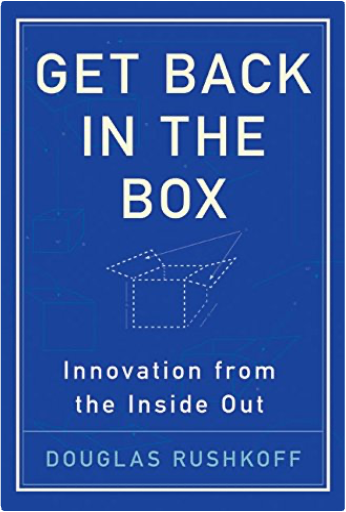
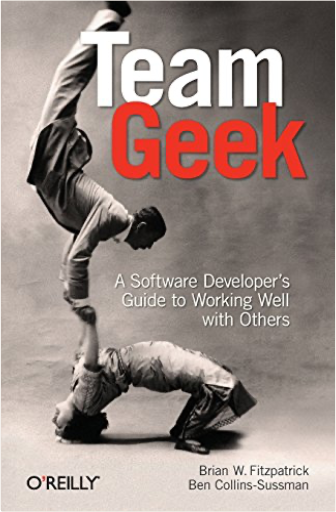

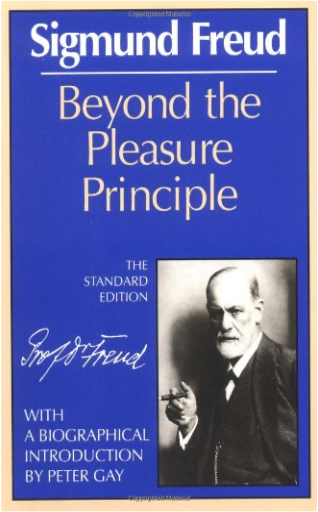


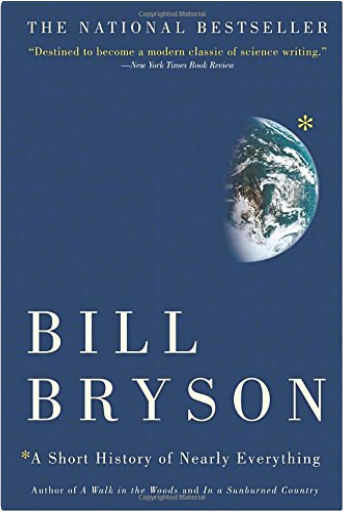

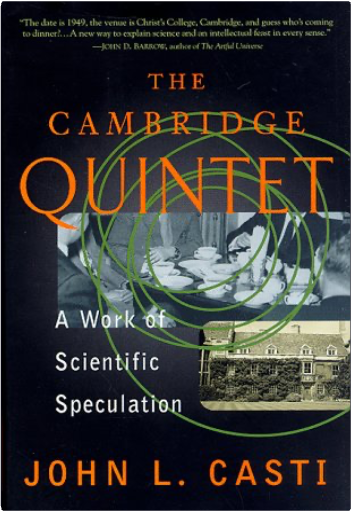
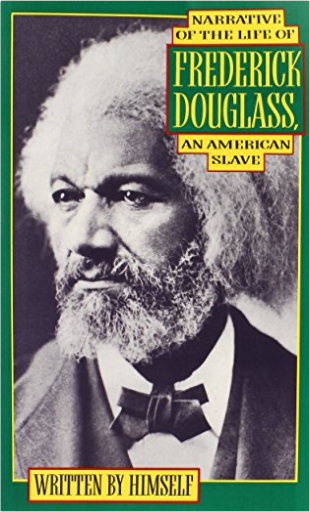

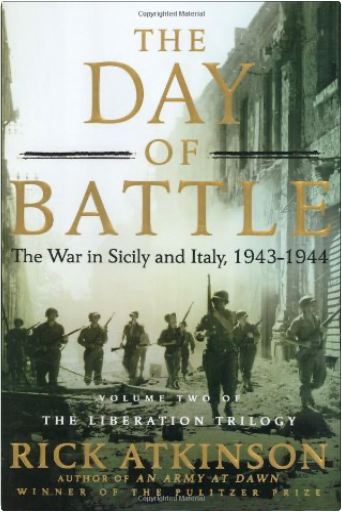



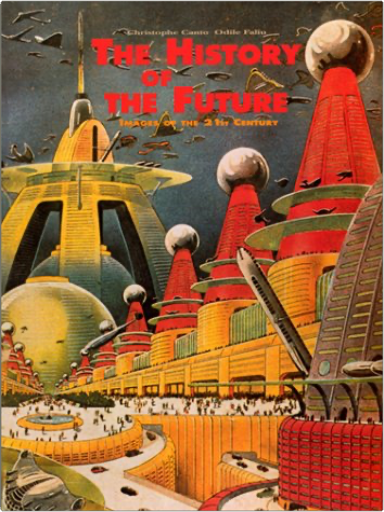
 Made with Delicious Library
Made with Delicious Library